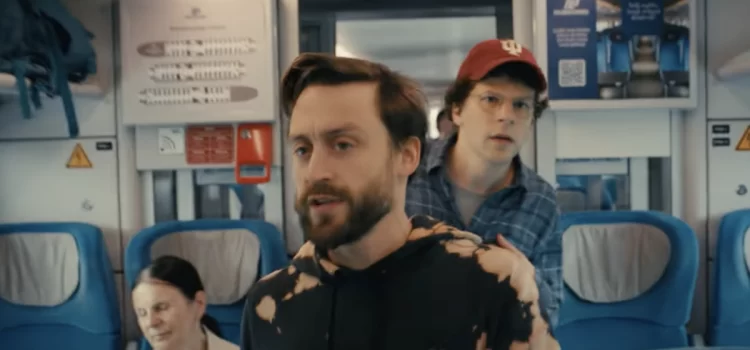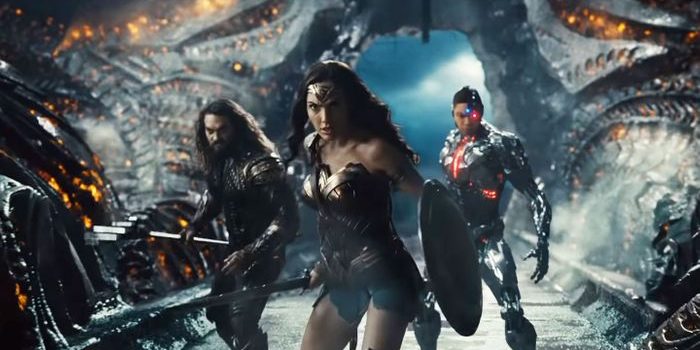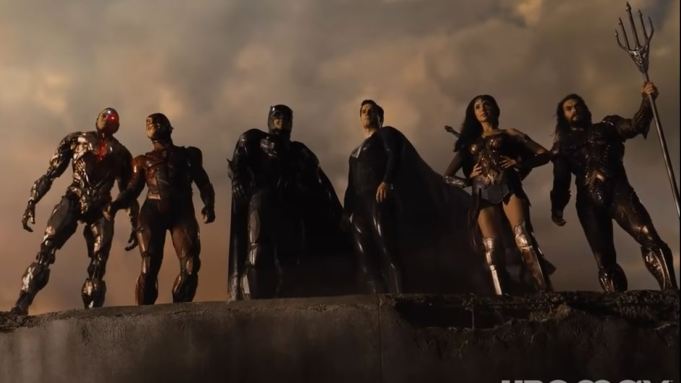By Lynn Venhaus
Complicated family ties and honoring Jewish heritage are explored in the heartfelt “A Real Pain.” With its strong emotional pull as two once-close cousins reconnect, the comedy-drama is often amusing but also tinged with melancholy. After all, it is a Holocaust tour, and a reverent one at that.
A Real Pain” follows mismatched first cousins David (Jesse Eisenberg) and Benji (Kieran Culkin) who reunite for a tour through Poland to honor their beloved grandmother. The adventure takes a turn when the odd couple’s old tensions resurface against the backdrop of their family history.
Following the adage ‘write what you know,’ writer-director Jesse Eisenberg brings an appealing earnestness to his labor of love. When the cousins visit their grandmother’s home in Poland, this location is actually where Eisenberg’s real-life ancestors settled in diaspora.
In his second directorial effort, Eisenberg is in his acting comfort zone as an uptight worrywart who is a responsible, dedicated family man. (His real-life son Banner is seen briefly as David’s little boy Abe.)
He reveals a remarkable knack for storytelling, and his deft direction makes for a lean 90-minute odyssey where the pair discover themselves and move forward with far more understanding.
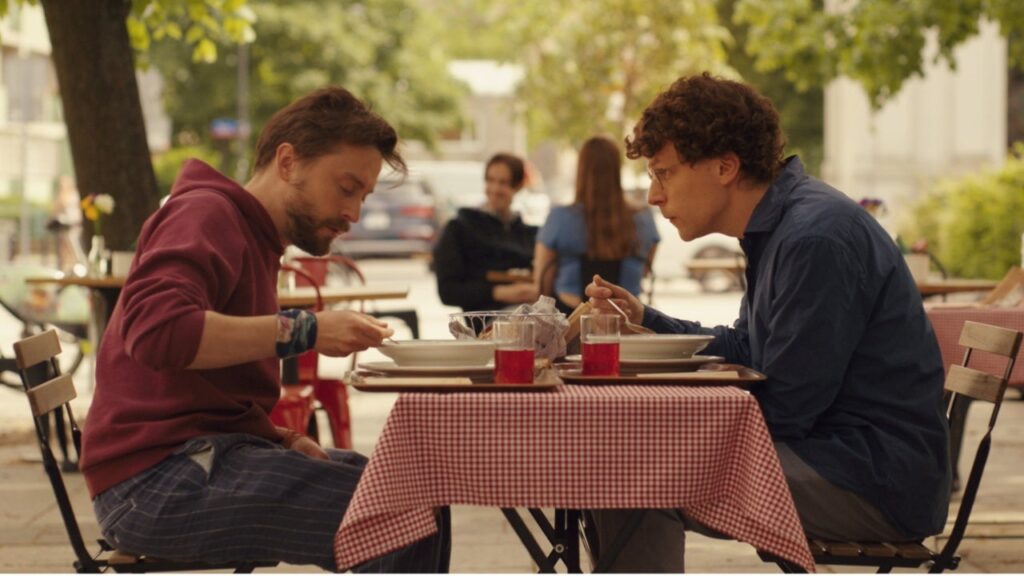
Eisenberg, who came to prominence in “The Squid and the Whale,” earned an Oscar nomination as Mark Zuckerberg in “The Social Network,” and has amassed a varied range of roles, including “Zombieland,” “Now You See Me,” “Rio,” two Woody Allen movies, and one of my favorites “The End of the Tour.”
He has terrific chemistry with scene-stealer Kieran Culkin as his free-spirited chatty first cousin who seemingly breezes through life as a carefree adult unencumbered by responsibilities. In first impressions, he’s fun, funny and rarely uses a filter in conversations, making friends easily.
Culkin’s moving, multi-layered performance as the adrift man-child Benji may just earn him an Oscar nomination for Best Supporting Actor, and for sure he’ll be on the shortlists for other year-end awards consideration. Emmy winner for his role as Roman Roy on HBO’s “Succession,” Culkin’s verbal dexterity and his natural mannerisms are effortless in creating a relatable Benji as someone you know.
Growing up, the boys were very close, as their dads were brothers. But through the years and with different lifestyles, they grew apart. This trip to honor their grandmother, a Holocaust survivor, is an opportunity to renew their bond. As the journey progresses, they have their ups and downs. Benji is more troubled than at first glance, and David’s persnickety nature can be annoying.
Because they are traveling in a group, their behavior affects others. Their fellow travelers include a nearly unrecognizable Jennifer Grey as a newly divorced woman Marcia, Kurt Egiywan as Eloge, who escaped a genocide in his Rwanda homeland, and Liza Sadovy and Daniel Oreskes as a married couple, Mark and Diane.
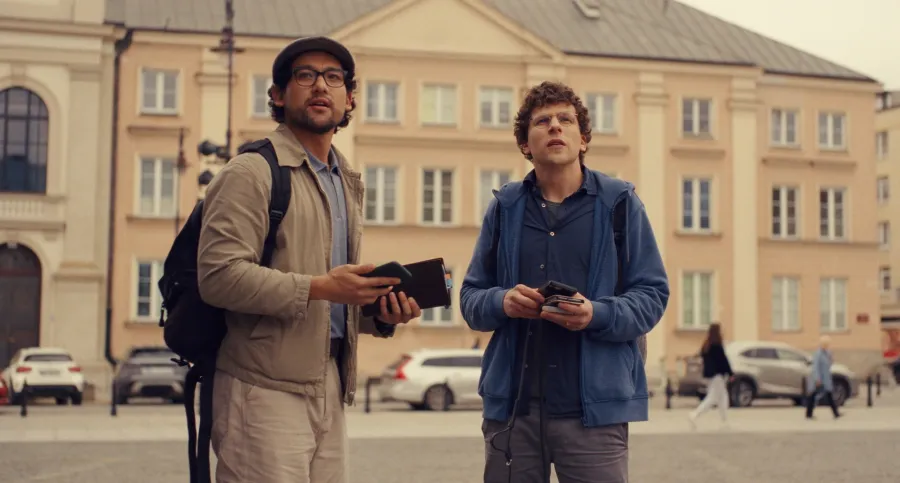
The efficient tour guide James, played by an affable Will Sharpe, is criticized by Benji for not connecting enough to the people in the towns they visit, instead of just regurgitating facts.
The film’s power is disarming, for it packs an emotional wallop, especially in exploring the Holocaust aftermath, the Majdanek concentration camp, and the effect of loss and grief on Benji.
Eisenberg’s nimble narrative brings up the pair’s old misunderstandings and resentments as they bicker, but they have one thing in common: love for their grandmother, and that resonates. We do get a finely drawn, compelling portrait of these individuals.
They remember the family love fostered, and do care for each other, which is obvious when David worries about Benji being lonely.
A breakout hit at the Sundance Film Festival, “A Real Pain” was nominated for the Grand Jury Prize and Eisenberg won the Waldo Salt Screenwriting Award. He also won the Humor and Humanity Award at the Heartland Film Festival and Culkin is a nominee for a Gotham Independent Film Award. This isn’t going to be the end of their awards journey.
The cinematography by Michael Dymak subtly makes statements, while the editing by Robert Nassau makes the story flow well.
Warm and genuine, “A Real Pain” is that rare film that intimately speaks to us so eloquently, yet is universal in intentions, thus making a lasting impression.
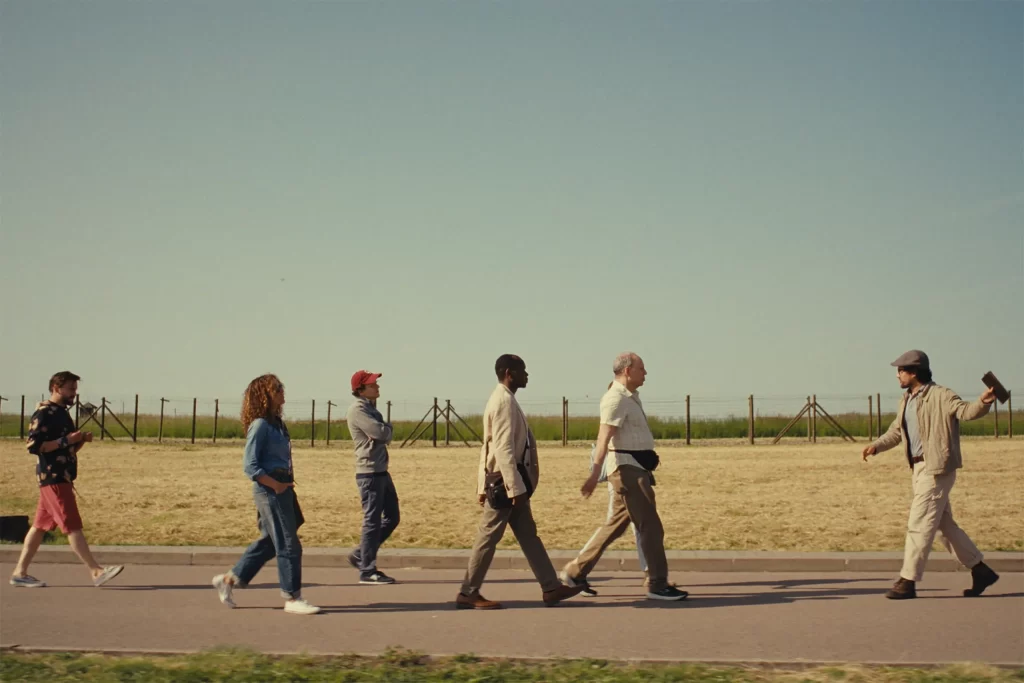
“A Real Pain” is a 2024 comedy-drama written and directed by Jesse Eisenberg and starring Jesse Eisenberg, Kieran Culkin, Jennifer Grey, Will Sharpe, Liza Sadovy, Daniel Oreskes and Kurt Egiywan. It is Rated R for language throughout and some drug use, and its runtime is 90 minutes. It opened in local theatres Nov. 15 and was the opening night film at the St. Louis International Film Festival. Lynn’s Grade: A.

Lynn (Zipfel) Venhaus has had a continuous byline in St. Louis metro region publications since 1978. She writes features and news for Belleville News-Democrat and contributes to St. Louis magazine and other publications.
She is a Rotten Tomatoes-approved film critic, currently reviews films for Webster-Kirkwood Times and KTRS Radio, covers entertainment for PopLifeSTL.com and co-hosts podcast PopLifeSTL.com…Presents.
She is a member of Critics Choice Association, where she serves on the women’s and marketing committees; Alliance of Women Film Journalists; and on the board of the St. Louis Film Critics Association. She is a founding and board member of the St. Louis Theater Circle.
She is retired from teaching journalism/media as an adjunct college instructor.

